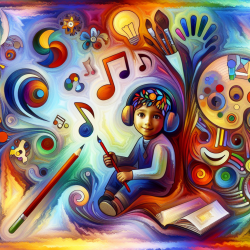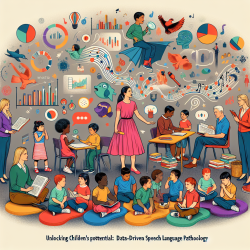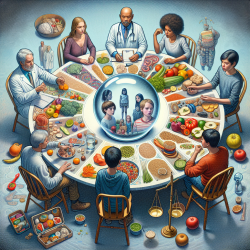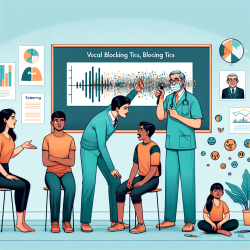As practitioners dedicated to the mental health and well-being of children, it is essential to explore innovative approaches that can complement traditional therapy methods. The recent research article, Creative pursuits for mental health and well-being by Kumar, Pavitra, and Bhattacharya (2024), provides compelling evidence on the benefits of incorporating creative activities into therapeutic practices.
Creativity is not just an artistic endeavor; it is a fundamental human trait that fosters resilience, sparks joy, and provides new insights for self-actualization and well-being. The World Health Organization (WHO) recognizes creativity as one of the ten life skills essential for psychosocial competence.
The Science Behind Creativity and Mental Health
The research underscores that engaging in creative activities can lead to numerous psychological, physiological, and social benefits. Here are some key findings:
- Psychological Benefits: Enhanced self-efficacy, improved coping mechanisms, and better emotional regulation.
- Physiological Benefits: Lower stress hormone levels, enhanced immune function, and better cardiovascular reactivity.
- Social Benefits: Reduced loneliness, enhanced social support, and improved social behaviors.
Implementing Creative Pursuits in Therapy
For speech-language pathologists and other practitioners, integrating creative activities into therapy sessions can be transformative. Here are some practical ways to do so:
- Art Therapy: Encourage children to express their thoughts and emotions through drawing, painting, or sculpting.
- Music Therapy: Use musical instruments or singing to help children improve their communication skills and emotional expression.
- Drama Therapy: Role-playing and storytelling can be effective in helping children explore different perspectives and enhance their social skills.
- Dance and Movement Therapy: Incorporate dance and movement activities to improve motor skills and emotional well-being.
Encouraging Further Research
While the current research provides a strong foundation, there is always room for further exploration. Practitioners are encouraged to conduct their own studies and share their findings to build a more robust evidence base for the benefits of creative pursuits in mental health.
To read the original research paper, please follow this link: Creative pursuits for mental health and well-being.










